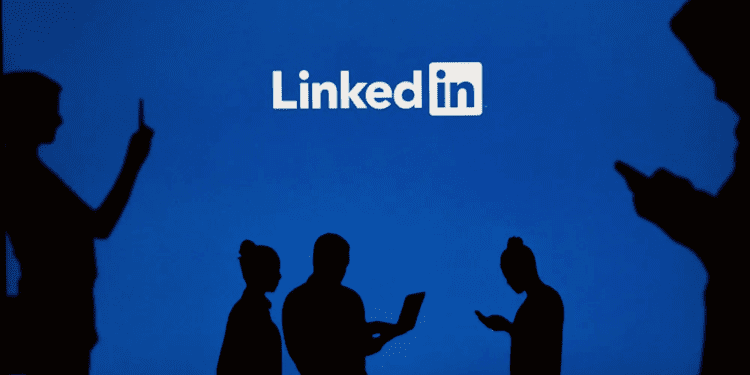- The Lazarus Group, linked to North Korea, has reportedly stolen over $3.4 billion in cryptocurrencies since 2007, leveraging platforms like LinkedIn for sophisticated phishing attacks.
- Utilizing social engineering tactics, the group has targeted individuals and companies globally, significantly funding North Korea’s nuclear weapons program through their criminal endeavors.
- The continuous evolution of the group’s strategies highlights the urgent need for enhanced security measures in the digital space to safeguard against such high-level cybercrimes.
The Lazarus Group, a North Korean hacker collective, has reportedly orchestrated a series of crypto heists amounting to over $3.4 billion since their emergence in 2007. Leveraging platforms like LinkedIn for their meticulously crafted attacks, the group has become a significant source of revenue for the North Korean regime.
The Lazarus Group has been linked to a series of high-profile attacks, including the $100 million Harmony‘s Horizon bridge hack in 2022 and the infamous WannaCry ransomware attack in 2017. One of their lesser-known but highly effective strategies involves leveraging LinkedIn for social engineering and phishing attacks.
In a campaign dubbed Operation In(ter)ception in 2019, the group targeted employees of European and Middle Eastern military and aerospace companies with job ads on LinkedIn. Unsuspecting applicants were encouraged to download a PDF that deployed an executable file, compromising their security systems. This strategy, which involves psychological manipulation to trick victims into lowering their guards, has been a recurrent theme in their attacks, including a $37 million heist against crypto payments provider CoinsPaid in July 2022.
The Tactics of the Lazarus Group
The Lazarus Group’s operations go beyond LinkedIn; they have been known to exploit zero-day vulnerabilities and deploy malware to steal money and conduct espionage. Their audacious exploits have not only funded North Korea’s nuclear weapons program but have also significantly disrupted the cyber landscape.
In addition to LinkedIn, the group has utilized other platforms for their operations. They have plagiarized online resumes and posed as professionals from other countries to secure remote work at cryptocurrency firms, aiding the North Korean government’s illicit money-raising efforts. By infiltrating these firms, they gain insights into upcoming cryptocurrency trends, giving them an edge in laundering cryptocurrency to evade sanctions.
A Call for Vigilance
As the Lazarus Group continues to evolve, adapting new strategies and exploiting various platforms for their criminal endeavors, there is a pressing need for heightened security measures in the cryptocurrency space. Companies and individuals alike must be vigilant, adopting stringent security protocols to safeguard sensitive information.
LinkedIn and other platforms implicated in these attacks have a role to play in curbing these activities. By fostering a secure environment and actively seeking out signs of state-sponsored activities, platforms can protect their users and uphold the integrity of the digital space.
The lessons from the Lazarus Group’s operations must steer the development of robust security frameworks to protect digital assets. The future of cryptocurrency hinges on collective vigilance and a commitment to security, ensuring that the digital economy thrives, unmarred by the activities of criminal groups like the Lazarus Group.














